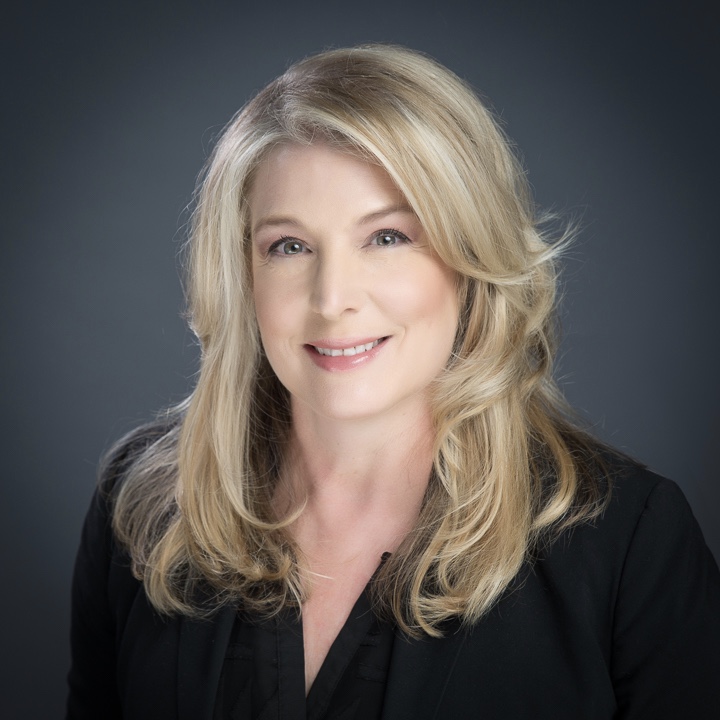
Julie Ward, senior vice president, consulting and employee development, has worked at NFP since 2001 and leads the provider benchmarking and RFP department.
Here is what Julie had to say when we asked her about building your emotional intelligence:
GenHERation®: What is emotional intelligence?
Julie Ward: To understand emotional intelligence, it’s important to first become familiar with emotions. According to the American Heritage Dictionary, an emotion is “a mental state that arises spontaneously rather than through conscious effort and is often accompanied by physiological changes, a feeling.” Emotional intelligence relies upon emotions, but takes them one step further. More specifically, emotional intelligence is your ability to recognize and understand emotions in yourself as well as those around you, and to use this knowledge to manage your behavior and relationships. Those who master their emotional intelligence abilities are better positioned to become high performers and leaders in their personal and professional lives. The best part about emotional intelligence is that it can be built, nurtured, and developed in every one of us.
GenHERation®: How can you build your emotional intelligence?
Ward: To build your emotional intelligence, I suggest you focus on the four competencies—self-awareness, self-management, social awareness and relationship management.
1) Self-awareness is the ability to perceive your emotions and motives in different situations. Having self-awareness skills allows you to understand what you do well, what motivates you, what satisfies you, and what pushes your buttons. Building your self-awareness requires making time for self-reflection to acknowledge your true feelings, values, and intentions, and to receive feedback from people you trust.
2) Self-management is the ability to manage your emotions and behaviors in the moment, which allows you to become more adaptable and respond to uncertain situations in positive, more goal-oriented ways. Some good self-management strategies include taking deep breaths, using positive self-talk, and writing your feelings down.
3) Social awareness is the ability to understand the emotions and concerns of other people, which enables you to understand people’s feelings and needs, group dynamics, and social climates. Build your social awareness by actively listening to others and anticipating their needs. It can be helpful to watch body language and pay attention to the big picture.
4) Relationship management is the ability to inspire, influence, and develop relationships with others. Mastering relationship management gives you the chance to be an influencer, a leader, and a catalyst. To best manage your relationships with others, engage in open, honest dialogue and embrace compassion. I also encourage you to listen with your eyes—what you see can be very revealing.
GenHERation®: What emotional skill do you think is most important to possess?
Ward: I believe a lot of emotional competencies are needed in everyday life, including in the workplace. Clear communication and active listening are definitely near the top, but I think having self-awareness is most important. You need to understand your own emotions, values, and intentions to put your best foot forward. Only then can you accurately understand others’ emotions and concerns.
GenHERation®: Can you recommend some resources for building your emotional intelligence?
Ward: There are many great books that focus on emotional intelligence, including Emotional Intelligence 2.0 by Travis Bradberry and Jean Greaves, Emotional Intelligence by Daniel Goleman, No Hard Feelings by Liz Fosslien and Mollie West Duffy, and The EQ Edge by Howard Book and Steven Stein. You can also take an emotional intelligence assessment online to determine your emotional strengths and weaknesses.
Julie Ward, senior vice president, consulting and employee development, has worked at NFP since 2001 and leads the provider benchmarking and RFP department. Leveraging her fee negotiation expertise and expansive knowledge of the provider marketplace, she helps plan sponsors reduce total plan costs, enhance services, and ensure optimal investment opportunities. For more than 25 years, Julie has worked with hundreds of mid and large market 401(k) and 403(b) plans, non-qualified deferred compensation plans, and defined benefit and defined contribution combo plans, guiding them through the provider benchmarking and RFP process. A graduate of Oklahoma State University, Julie earned a BS in business administration. She is a registered investment advisor representative. Julie also holds a master’s degree in organizational leadership from Huntington University. Julie is a member of NFP’s Diversity and Inclusion Advisory Board and serves on the board of directors for two non-profit organizations. In her spare time, Julie can be found traveling throughout Europe or hiking the local greenbelt around Austin, TX.



Comments (0)